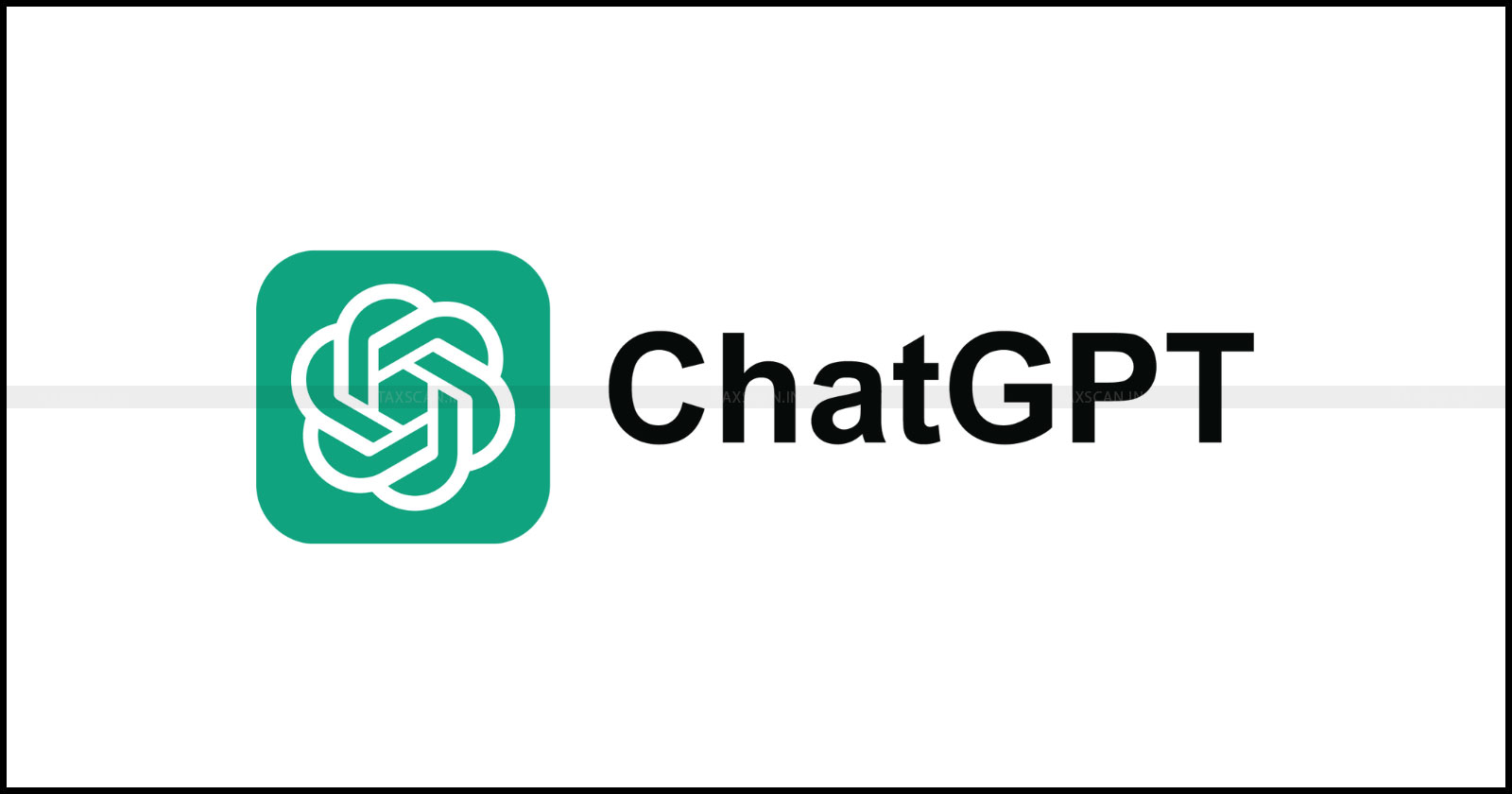What are the Top 5 most searched tax related questions on ChatGPT?
Let's explore the most common tax related questions asked to ChatGPT

ChatGPT-Top 5-tax related-Taxscan
ChatGPT-Top 5-tax related-Taxscan
We live in an era where people rely on ChatGPT for each and everything. Be it writing a letter or an assignment or even critical questions related to taking decisions on one's personal life are asked to ChatGPT. Instead of using google people are relying on AI for quick and prompt answers that meet their requirements.
Dear readers, it is to note the questions of this questionnaire have been taken from ChatGPT because only it knows the most number of searched questions on it. But the answers to these questions are not made using AI.
Boost Your Business with SME IPO Funding Strategies - Enroll Now
1. How to file Income Tax Returns ( ITR ) in India?
A: Undoubtedly, the most searched question on chat gpt is how to file the Income Tax Returns. Instead of ChatGPT, one could definitely rely on the Articles published on this website that actually contains step to step information on how to file ITR, its consequences, deductions that can be claimed etc.
The questions asked in ChatGPT with reference to ITR include the various deductions available, deadline, different forms, penalties, etc. Unequivocally, filing your ITRs on time portrays that an individual is a responsible citizen.
ITRs are generally filed by the individuals on a annual basis.To know more about, how to file your Income Tax Returns,
Read more at:⁶ https://www.taxscan.in/taxscan-360-income-tax-returns-filing-who-which-why-where-how-and-when/
2. What is Tax Deducted at Source and how does it work?
A: Generally, the questions asked regarding Tax Deducted at Source ( TDS ) include how it is calculated, the rates, and how to get your refunds if excess amount has been deducted. .
According to TDS mechanism, the payer withholds a specific percentage of the entire amount as TDS and the payee then adds the amount withheld as TDS to his gross income, which is then further adjusted against the payee's final tax liability. A few situations under which TDS is deducted includes rent, commission, salary, dividend interest, professional consulting fees, etc.
Boost Your Business with SME IPO Funding Strategies - Enroll Now
3. What is the difference between GST and Income Tax ?
Many individuals as well as businesses delve into ChatGPT and enquire about the difference between income tax and GST as they both have different procedures, implications and tax rates.
In simple words, Income Tax is the most common form of direct tax whereas Goods and Service Tax ( GST ) was introduced in 2017 and it is an indirect tax. Under GST, the burden of tax payment is moved to the end user of goods or services but in the case of Income Tax, individuals must provide their own tax returns.
The various types of GST registration are as follows:
- GSTIN - Regular GST Registration
- Composition Scheme Registration
- Casual Taxable Person Registration
- Non-Resident Taxable Person Registration
- ISD Registration-Input Service Distributor Registration
- E-commerce Operator Registration
- URD (Unregistered Dealer) Composition Scheme
Boost Your Business with SME IPO Funding Strategies - Enroll Now
4. What are the deductions available under Section 80 C of the Income Tax Act, 1961?
A: Various types of deductions are available under Section 80 of the Income Tax Act. Availing deductions from gross income minimises an assessee's income tax bill. Assessees are eligible for a variety of deductions under Sections 80C, 80D, 80E, 80F, and 80G of the Income Tax Act.
Section 80C provides deductions for certain expenditures and investments, allowing individuals and Hindu Undivided Families to reduce their taxable income by up to Rs 1.5 lakh each year.
This provision is not applicable to corporate bodies, partnership firms, or other businesses. Section 80C allows for tax exemptions on specific investments and expenses. By strategically diversifying investments across options like NSC, ULIP, PPF, etc., individuals can claim deductions of up to Rs 1,50,000.
Enabling tax benefits under 80C helps in reducing the overall tax burden effectively.
Read More: https://www.taxscan.in/understanding-section-80c-tax-deductions-in-india/384708/
Boost Your Business with SME IPO Funding Strategies - Enroll Now
5. How to claim HRA (House Rent Allowance) tax exemption?
A: Employees usually search in ChatGPT for ways to claim HRA tax breaks, especially those who live in rental housing.
Section 10( 13A ) of the Income Tax Act enables employed individuals to seek exemptions for House Rent Allowance ( HRA ). Given the significance of this allowance in one’s income, adhering to the company’s guidelines on HRA claims is crucial. HRA is a part of your salary income and therefore, it is initially considered as your taxable income.
Read More: https://www.taxscan.in/heres-how-you-can-claim-hra-exemption-on-rent-paid-to-spouse/369385/
Support our journalism by subscribing to Taxscanpremium. Follow us on Telegram for quick updates


